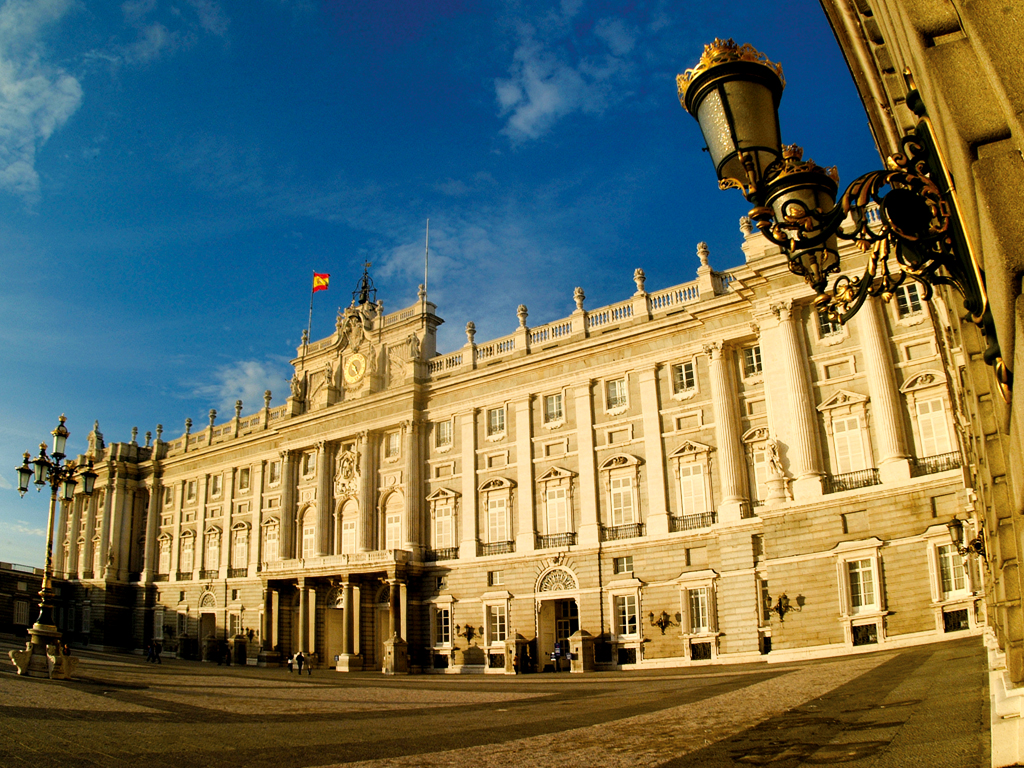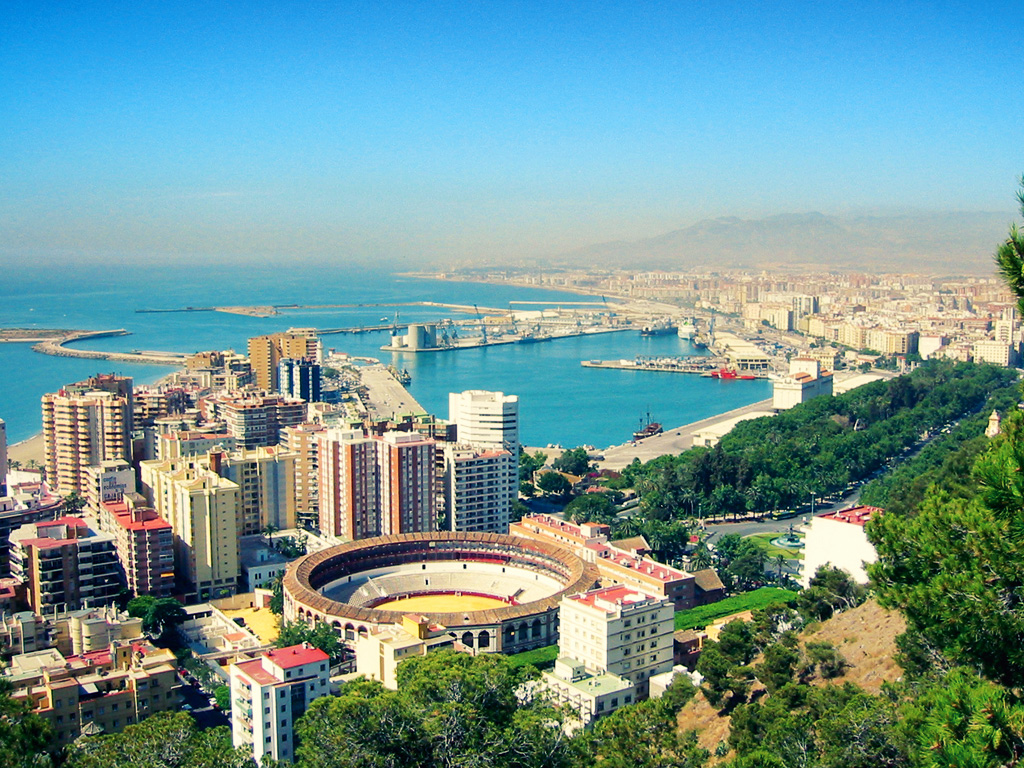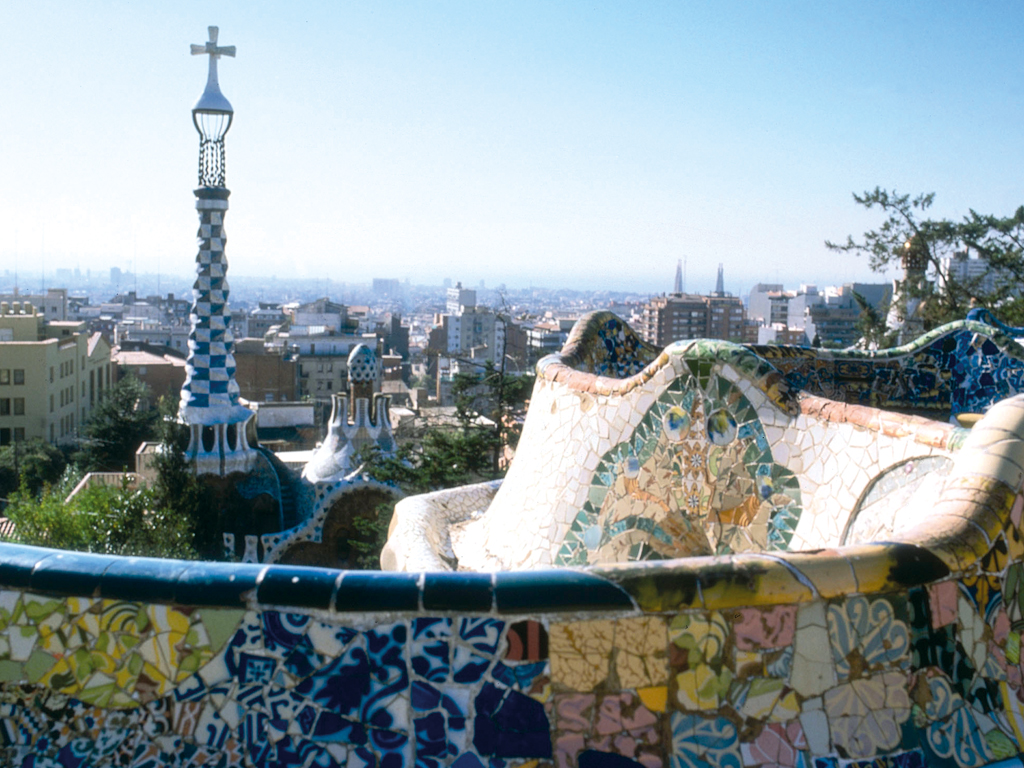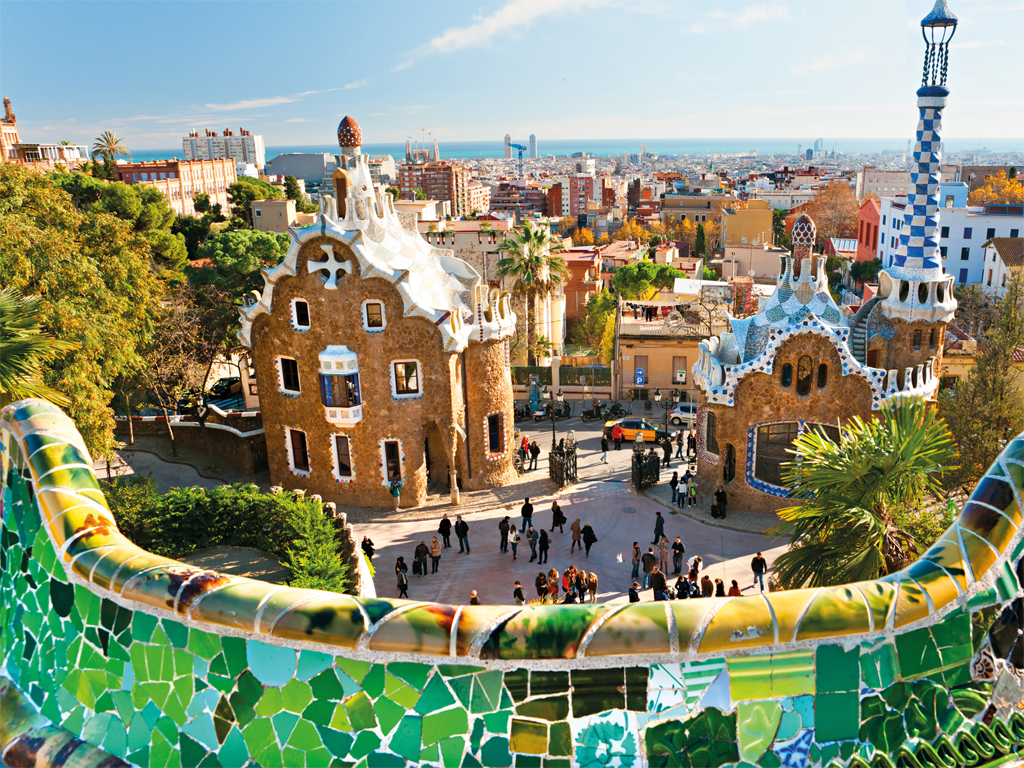Travel guide for Spain
Spanish people are known to be open and sociable individuals who take every opportunity to enjoy life and be out in the sun. A cozy chat with neighbors keeps the Spaniards up to date and is part of the daily routine.
Activities and daily routines begin at sunset, especially during the summer time. Restaurants prepare to serve late dinners, as it is customary in Spain to eat rather late into the night. Richly varied in its geography, climate and culture, Spain offers something for everyone.
From the verdant hills and rocky coasts of Galicia, Asturias and Cantabria to the tropical splendours of the Balearic Islands or the Mar Menor, any time of year is the right time to visit this fascinating country. Whether you only have time to visit the easily accessible cities of Barcelona and Madrid, or you have the opportunity to go off the beaten track to visit the smaller towns, Spain will not disappoint you.
Geography
Time zone
Climate and travel seasons
Climate chart for Barcelona (in degrees Celsius)
| January | February | March | April | May | June | July | August | September | October | November | December | |
|---|---|---|---|---|---|---|---|---|---|---|---|---|
|
|
13° | 14° | 15° | 18° | 20° | 23° | 26° | 28° | 25° | 20° | 16° | 12° |
|
|
5° | 6° | 8° | 10° | 12° | 15° | 18° | 18° | 17° | 15° | 11° | 6° |
|
|
5h | 6h | 6h | 7h | 8h | 9h | 10h | 8h | 7h | 5h | 5h | 4h |
|
|
13° | 13° | 13° | 14° | 16° | 20° | 22° | 23° | 22° | 20° | 15° | 14° |
|
|
5 | 5 | 5 | 5 | 5 | 4 | 3 | 4 | 5 | 5 | 5 | 5 |
Entry requirements
Citizens from countries outside the EU, on the other hand, require a visa to enter Spain. This usually has to be applied for in the country of residence.
Currency
On the 1 and 2 Euro coins is the portrait of King Juan Carlos I de Borbón y Borbón. The 10-, 20- and 50-cent coins are adorned with Miguel de Cervantes, one of Spain's most important writers. The 1-, 2- and 5-cent coins have the image of the Cathedral of Santiago de Compostela.
Health care
Packing checklist
Religion
Politics
Local language and communication
Public transport
History
Evidence has been discovered of a population that lived in Spain as early as the early Stone Age, circa 3000 BC. These findings have many similarities with prehistoric cultures in Africa. The Iberian population that settled the island after the prehistoric inhabitants came from northern Africa about 1000 BC. The Iberians became the most important ethnological group, hence the name "Iberian Peninsula". The Celts were the next people to arrive on the peninsula around 1200 BC. In the 11th century BC, the seafaring Phoenicians were the first people in the Mediterranean to reach the Spanish coast. At different moments in time, the land of present-day Spain has been sought after by the greatest empires: the Carthaginians and the Romans fought over it, the Arabs conquered it, and the Catholic Monarchs recovered it and made it into the most powerful empire in the world with the Spanish conquest of America. In fact, under King Philip II there was no time in which the sun was not shining on one part of Spain’s territory, which stretched from the Philippines, to the Americas with Spain, Portugal, Flanders, Italy, and parts of what is now Germany in between. The reign of Phillip II also marked the beginning of an era of economic and political decline, with wars both domestic and foreign. The American territories won independence over the course of the 1800's, culminating with Spain losing control of Cuba, Puerto Rico, and the Philippines just before the turn of the 20th century. These events have shaped a large part of the modern world into what it is today.
Culture
Festivals
Barcelona:
Primavera Sound Festival: (May - June) Want to kick Spring off with a raucous music festival in Barcelona? Then the Primavera Sound Festival is the place to be: a wide range of rock, pop, electronic and dance music is played for all generations. Over 190,000 visitors come to the festival every year.
Sónar Festival: (June) Every summer this three-day music festival makes Barcelona the center of electronic music. The program is divided into Sónar de Noche and Sónar de Día and is a magnet for over 100,000 visitors.
Festa Major de Gracia: (August) Every year this festival transforms the bohemian neighborhood of Gracia into a week-long street party. If you are in Barcelona in August, you should not miss this spectacle! The festival consists mainly of a competition among neighborhoods to see who can make the most beautiful street decorations.
Malaga:
GASTRONOMY FESTIVAL: (May - June) If you've never experienced the authentic cuisine of Malaga you are missing out. But don't worry, the Gastronomy Festival happening every summer will fill the void. With food and wine tastings, film and photography exhibitions, workshops, and live cooking events, this festival won't leave you hungry!
Film Festival: (June) The Malaga Film Festival offers an incredible selection of Spanish films that will leave you inspired and entertained.
La Noche de San Juan: (June) Welcome summer on a gorgeous sandy beach with bonfires, food, drinks and friends! Similar to the Midsummer celebrations in Northern Europe, the beginning of summer is welcomed in Málaga in a spectacular way. Concerts, music and various types of entertainment successfully round off the event.
Día de Pescaíto: (June) In Torremolinos the traditional fish festival is celebrated every year. The typical Andalusian specialty is distributed free of charge on this day in the fishing quarter La Carihuela. You can enjoy amazing fried anchovies while listening to live music.
Bienale de Arte Flamenco: (September) Every two years, for one month, the culture of flamenco is celebrated in Malaga and its surroundings. The best flamenco dancers show their skills in rousing shows. In addition to the flamenco performances, there are also art exhibitions and performances by cultural associations.
Holidays
- January 1: New Year's Day (Año Nuevo)
- January 6: according to the widespread Christian belief, the Magi (Epifanía) arrive
- March 19: Saint Joseph's Day (San José), dedicated to Saint Joseph, the bridegroom of the Blessed Mother
- May 1: Labor Day (Primero de Mayo)
- July 25: St. James the Elder, patron saint of Spain
- August 15: Assumption of the Virgin Mary (Fiesta de la Asunción)
- October 12: National Day (Día de la Hispanidad / El Pilar), on the occasion of the discovery of America by Christopher Columbus.
- December 6: Constitution Day (Día de la Constitución), on the occasion of the adoption of the Constitution in 1978.
- December 8: Immaculate Conception (Inmaculada Concepción).
Food
Common tourist mistakes
Tips and tricks
Short dictionary
| English | Español |
| Hello! | ¡Hola! |
| Good morning! | ¡Buenos días! |
| Good afternoon! | ¡Buenas tardes! |
| Welcome! | ¡Bienvenido/a! |
| How are you? | ¿Como estas? |
| Good, thank you! | ¡Bien, gracias! |
| And you? | ¿Y tu? |
| Thank you (very much)! | ¡(Muchas) gracias! |
| No problem! | ¡Con mucho gusto! |
| Good night! | ¡Buenas noches! |
| See you later! | ¡Hasta más tarde! |
| Bye! | ¡Adios! |
| I am lost | Estoy perdida |
| Do you need help? | ¿Puedo ayudarte o necesitas ayuda? |
| Could you help me? | ¿Disculpe, puede ayudarme? |
| Where is the bathroom/the pharmacy? | ¿Donde esta el baño/la farmacia? |
| Do you speek (English)? | ¿Disculpe, usted habla (inglés)? |
| My name is... | Me llamo … |








